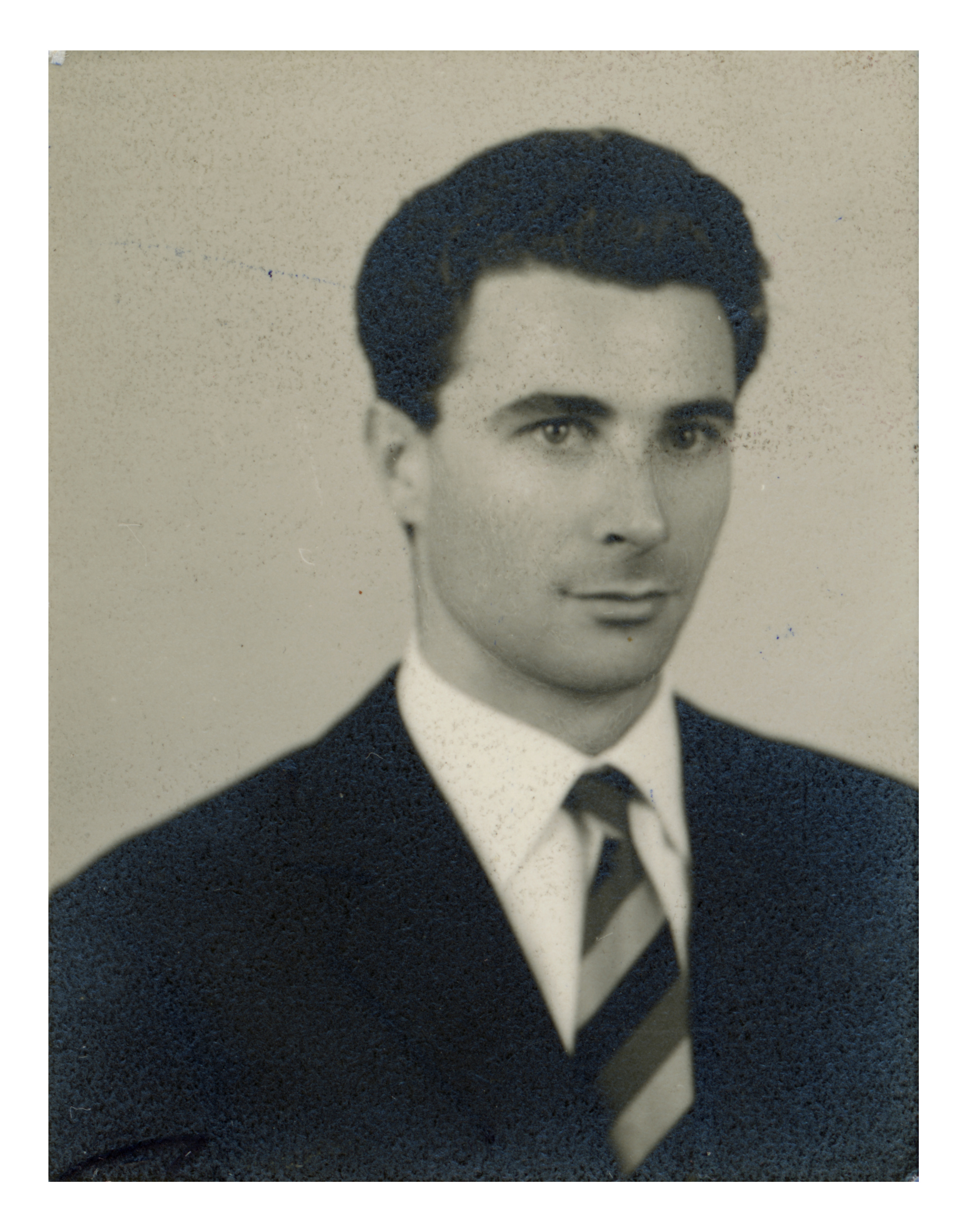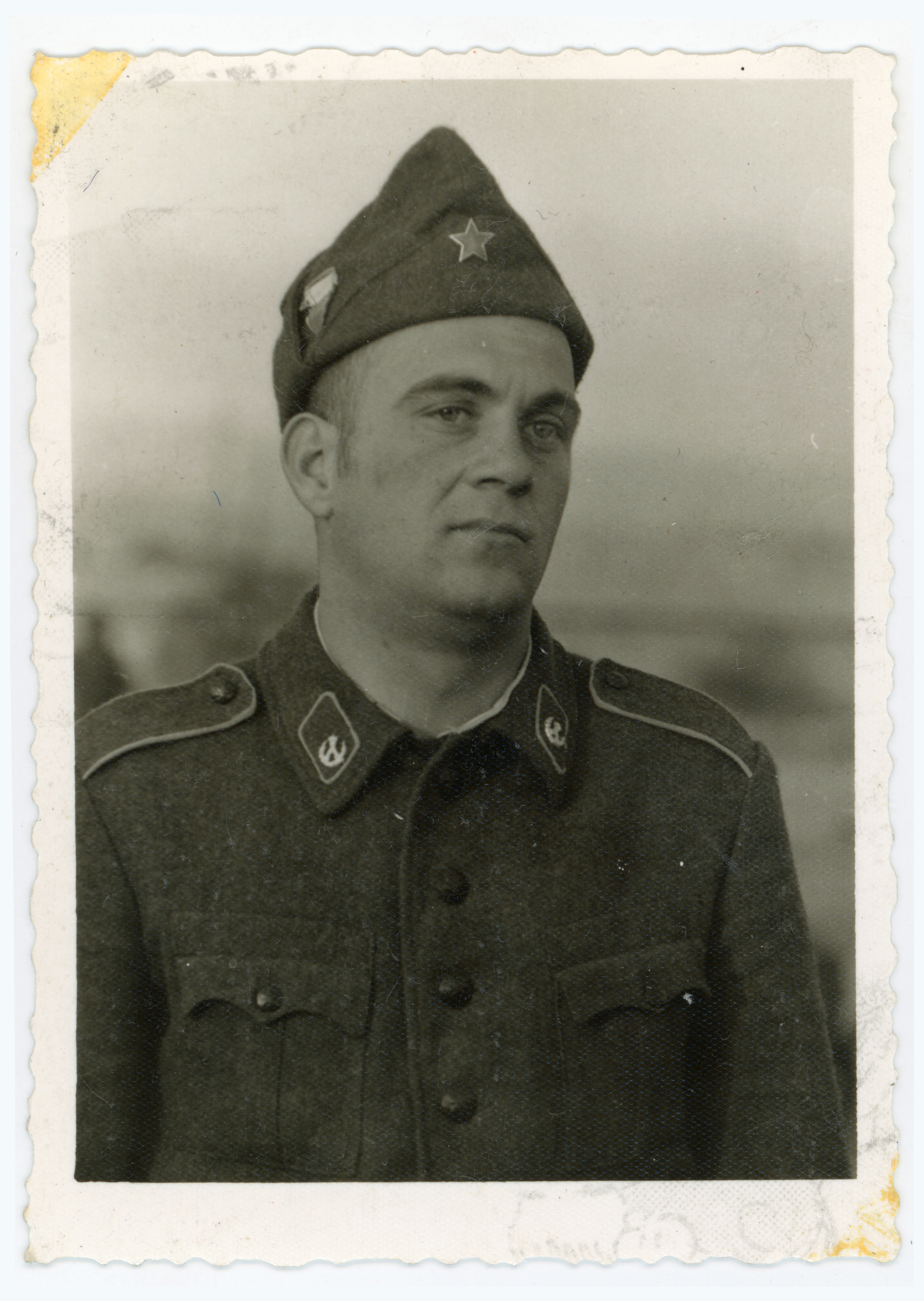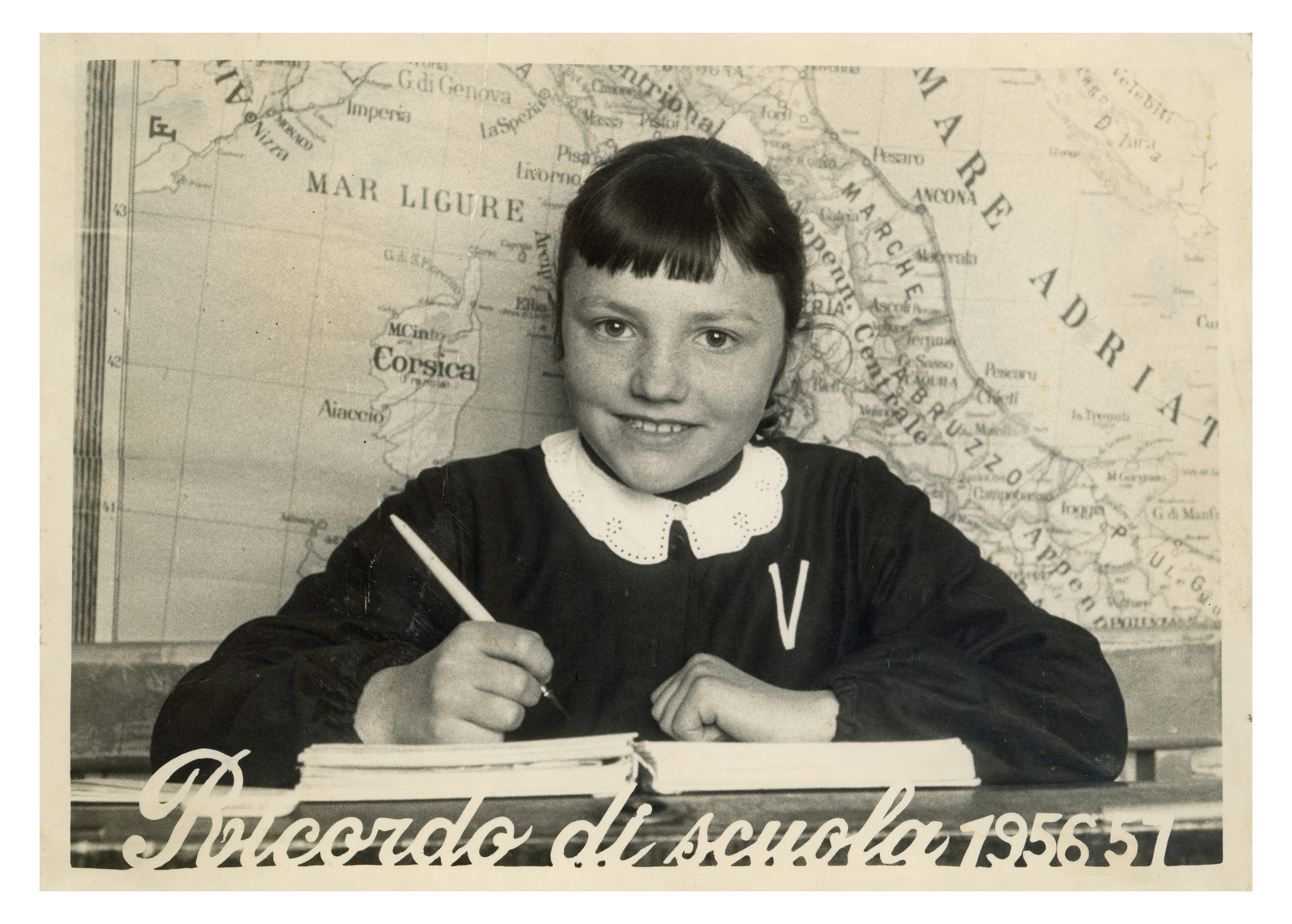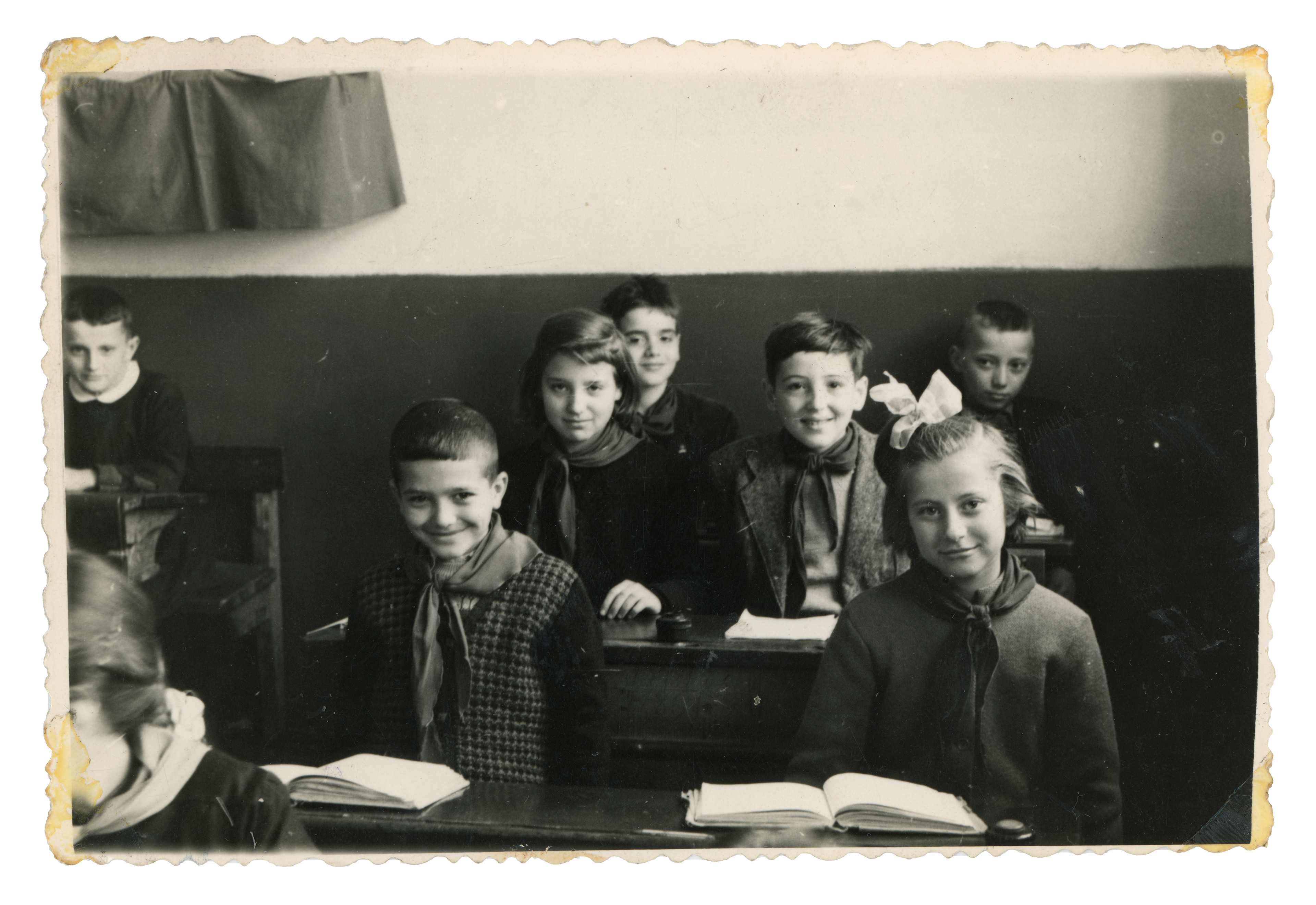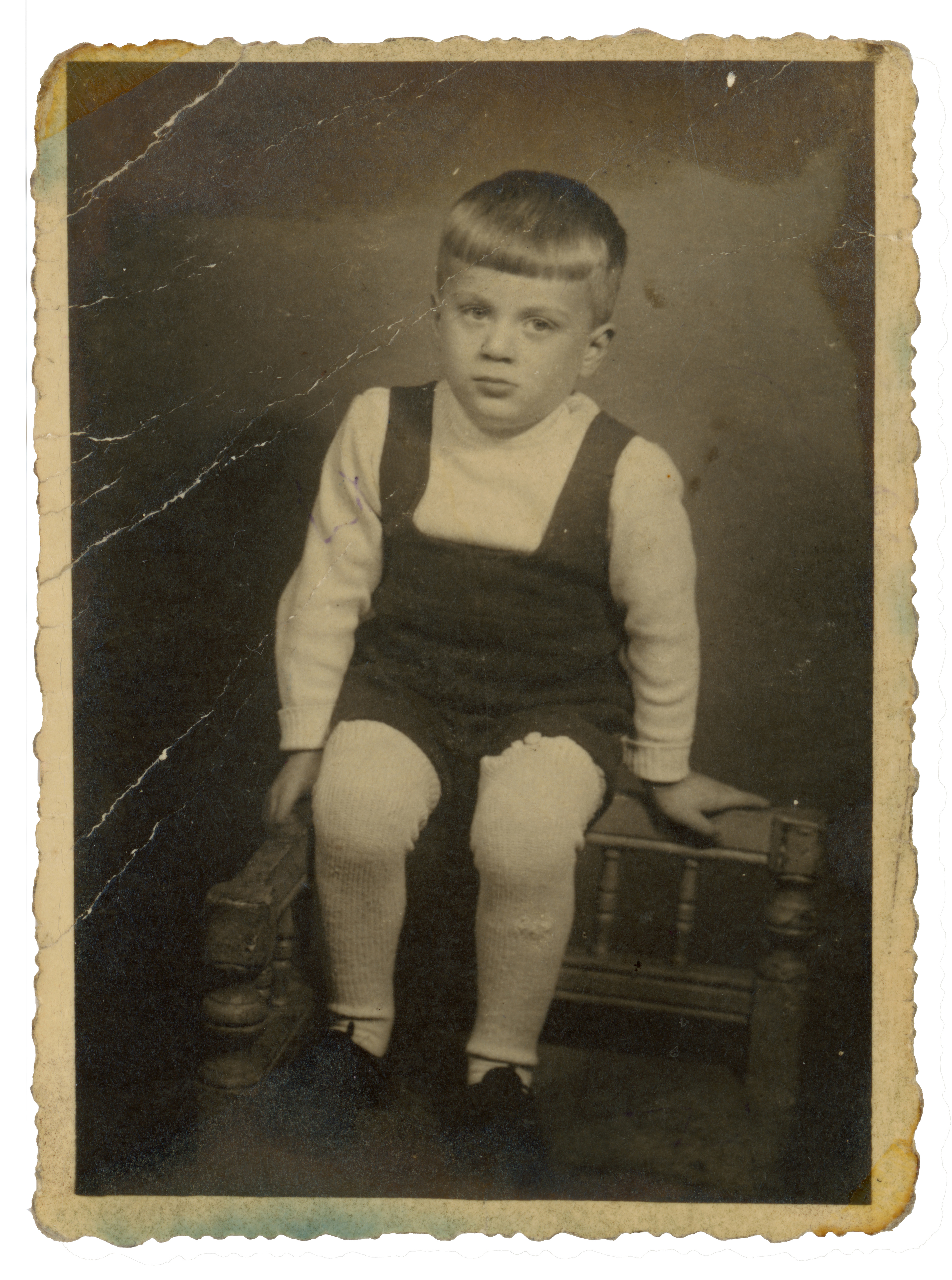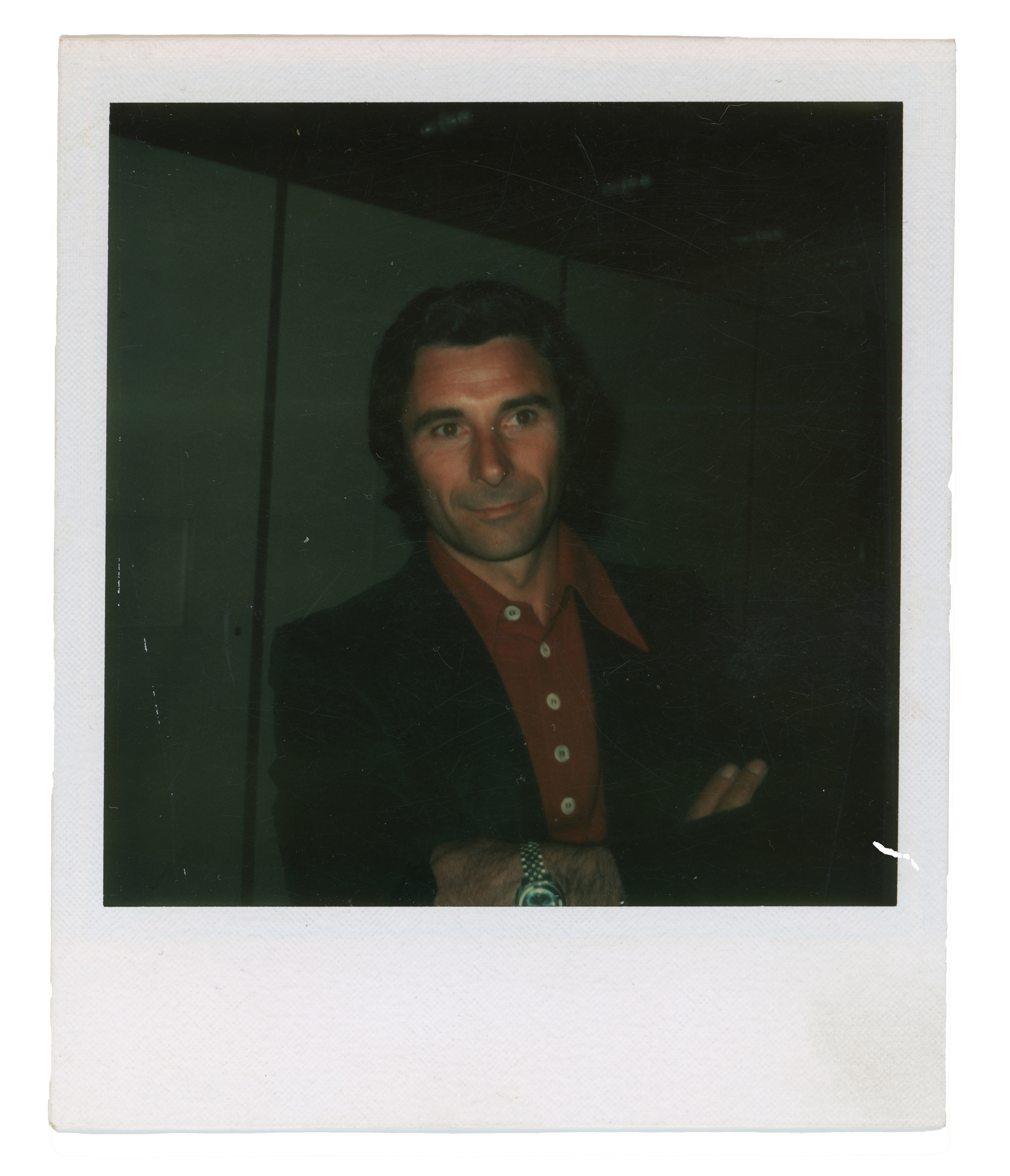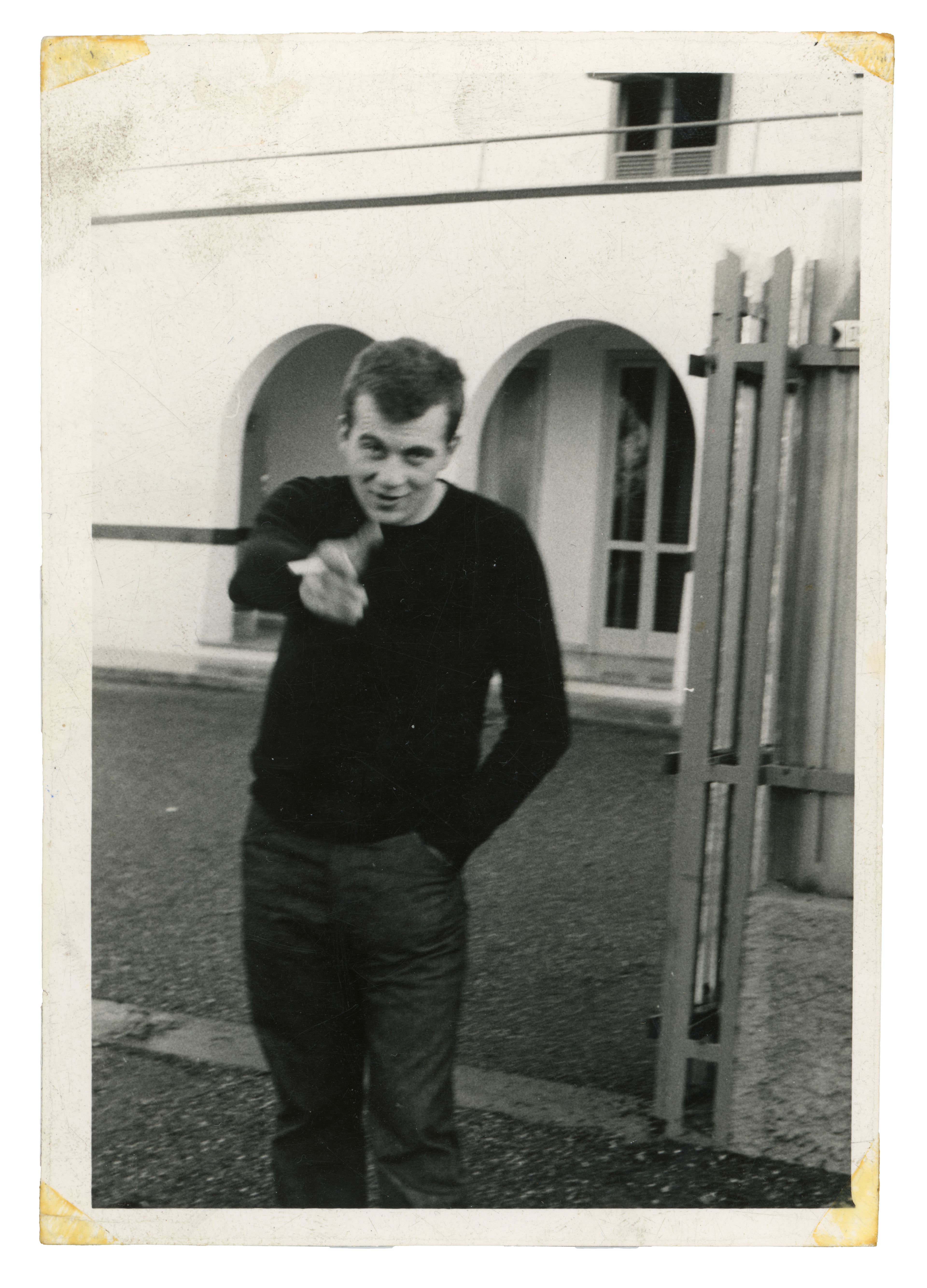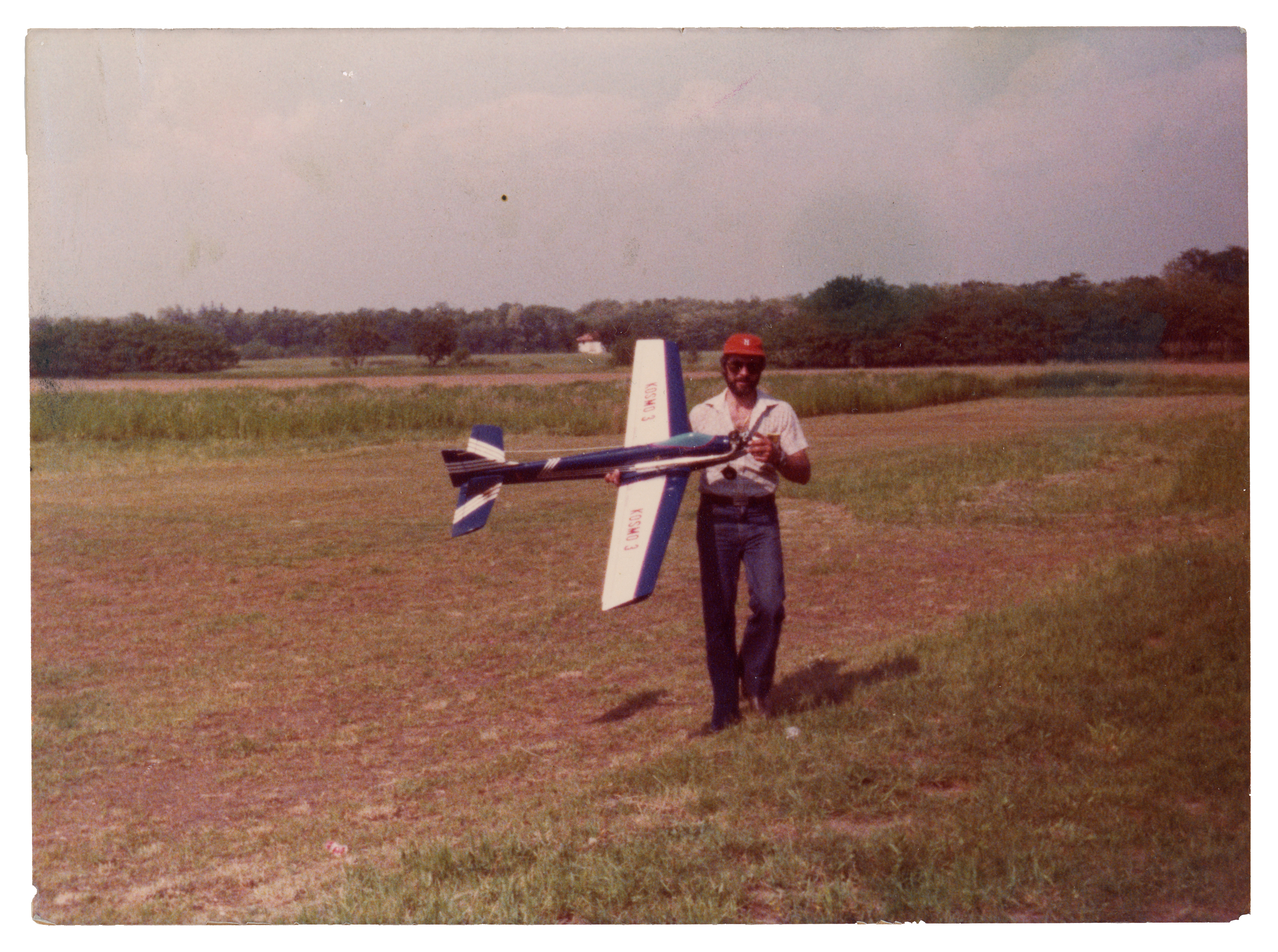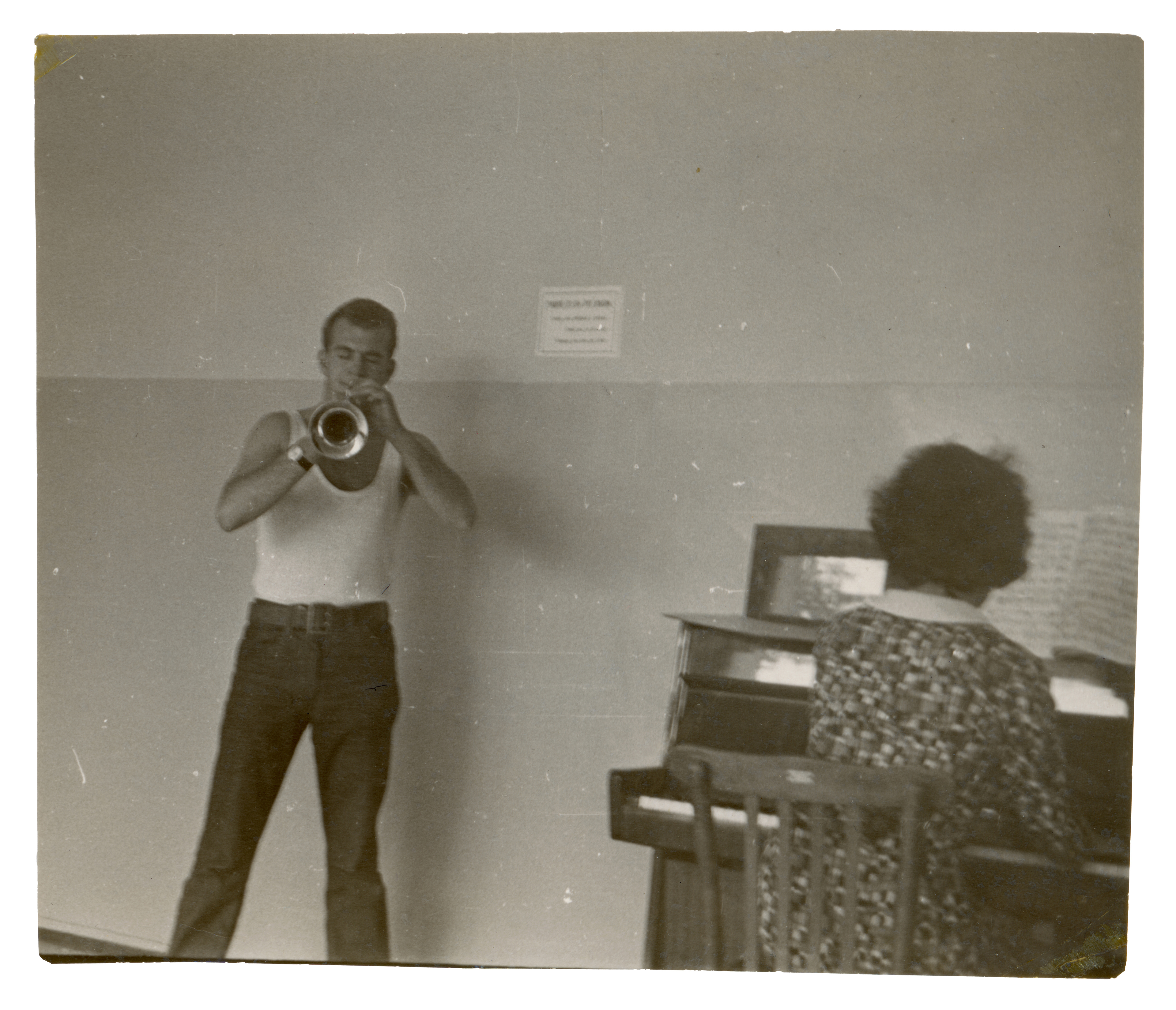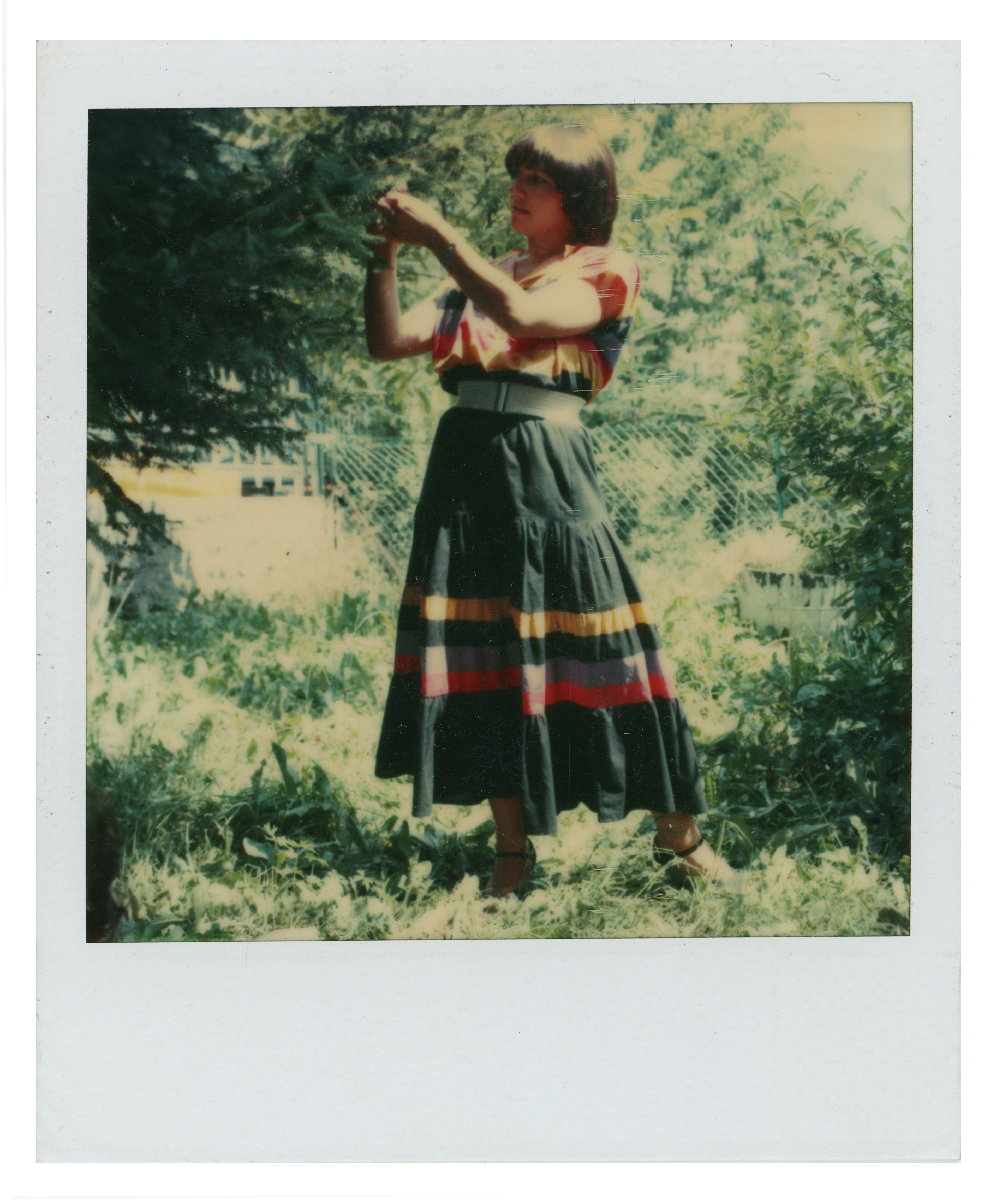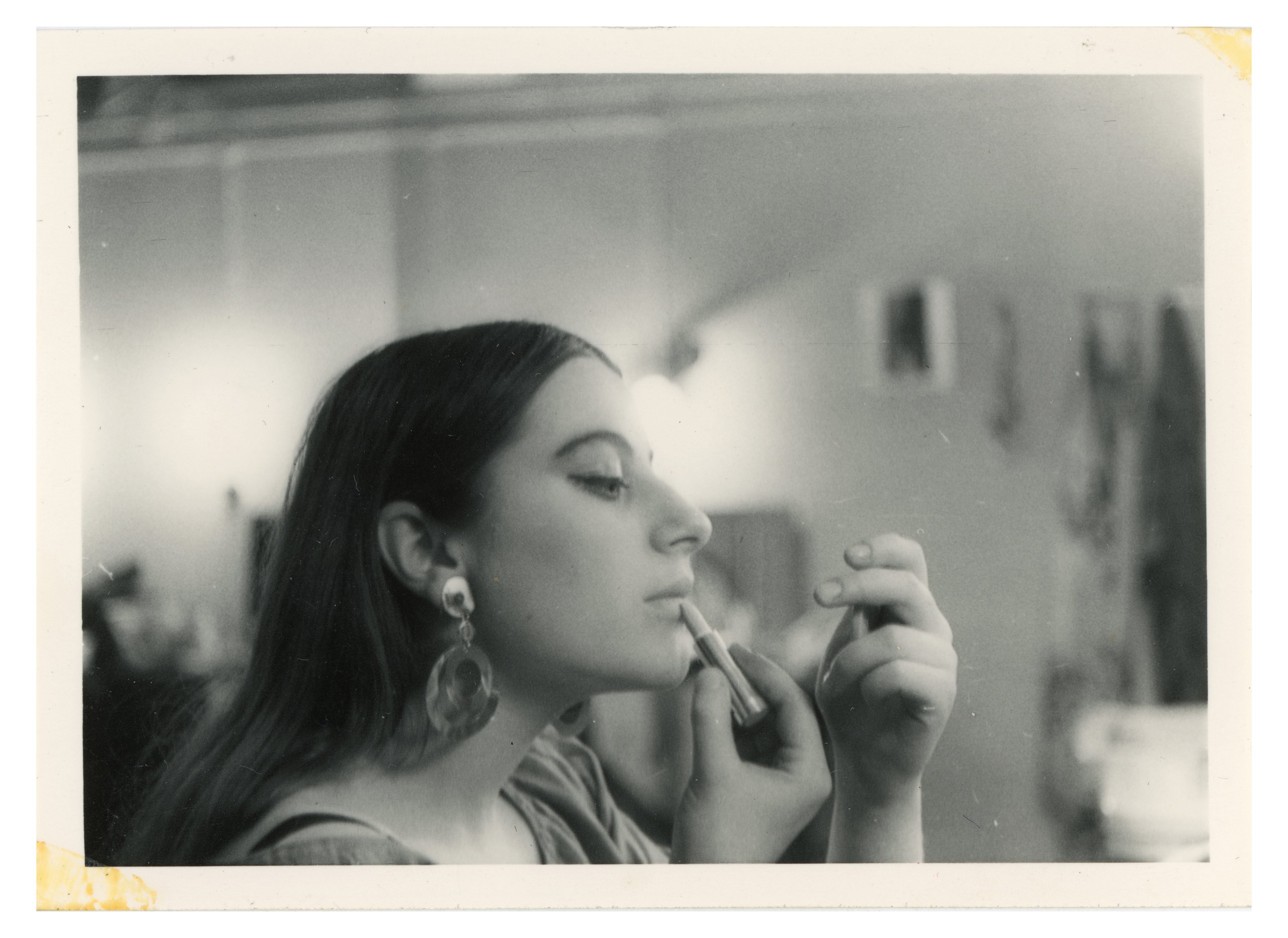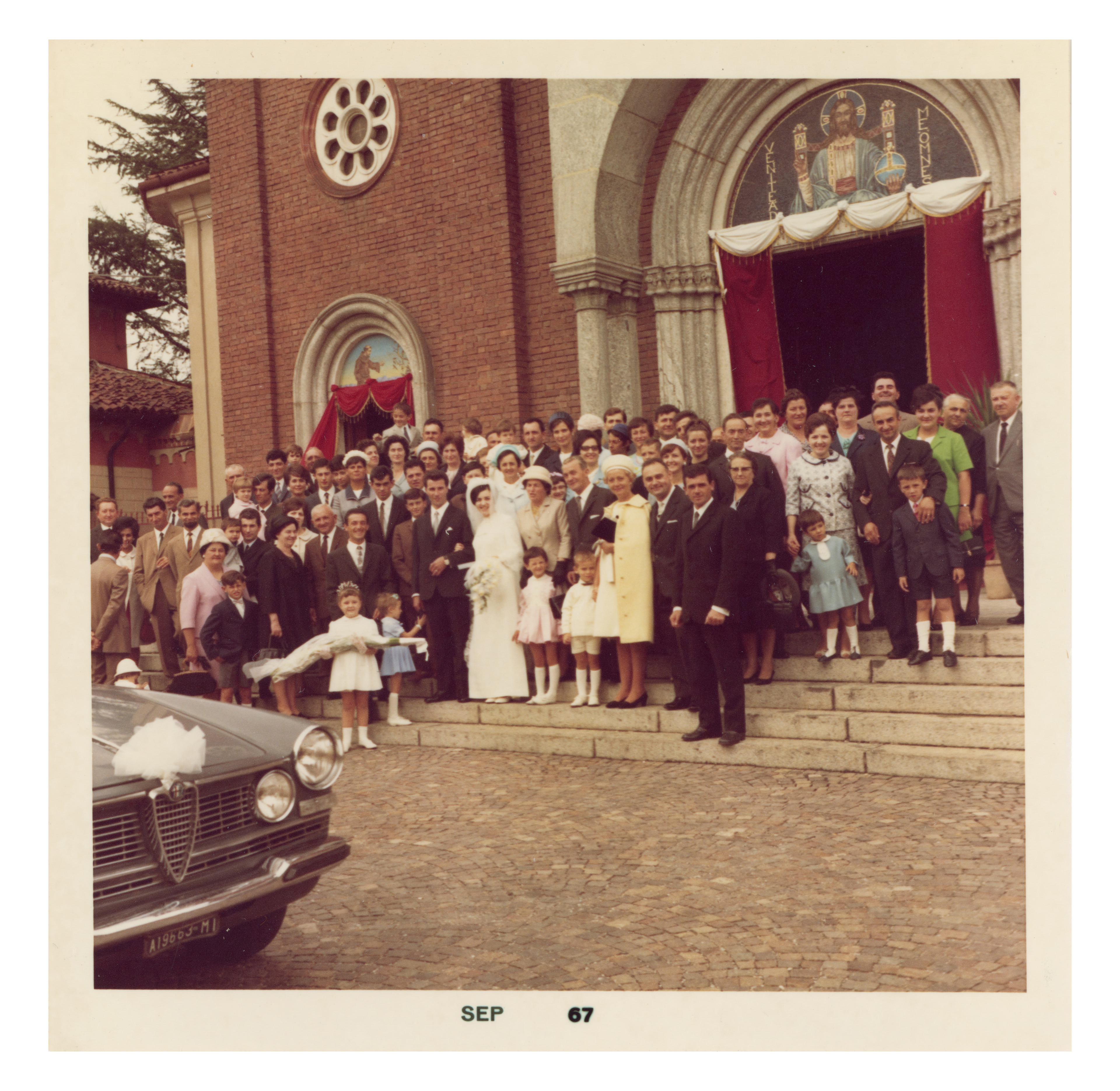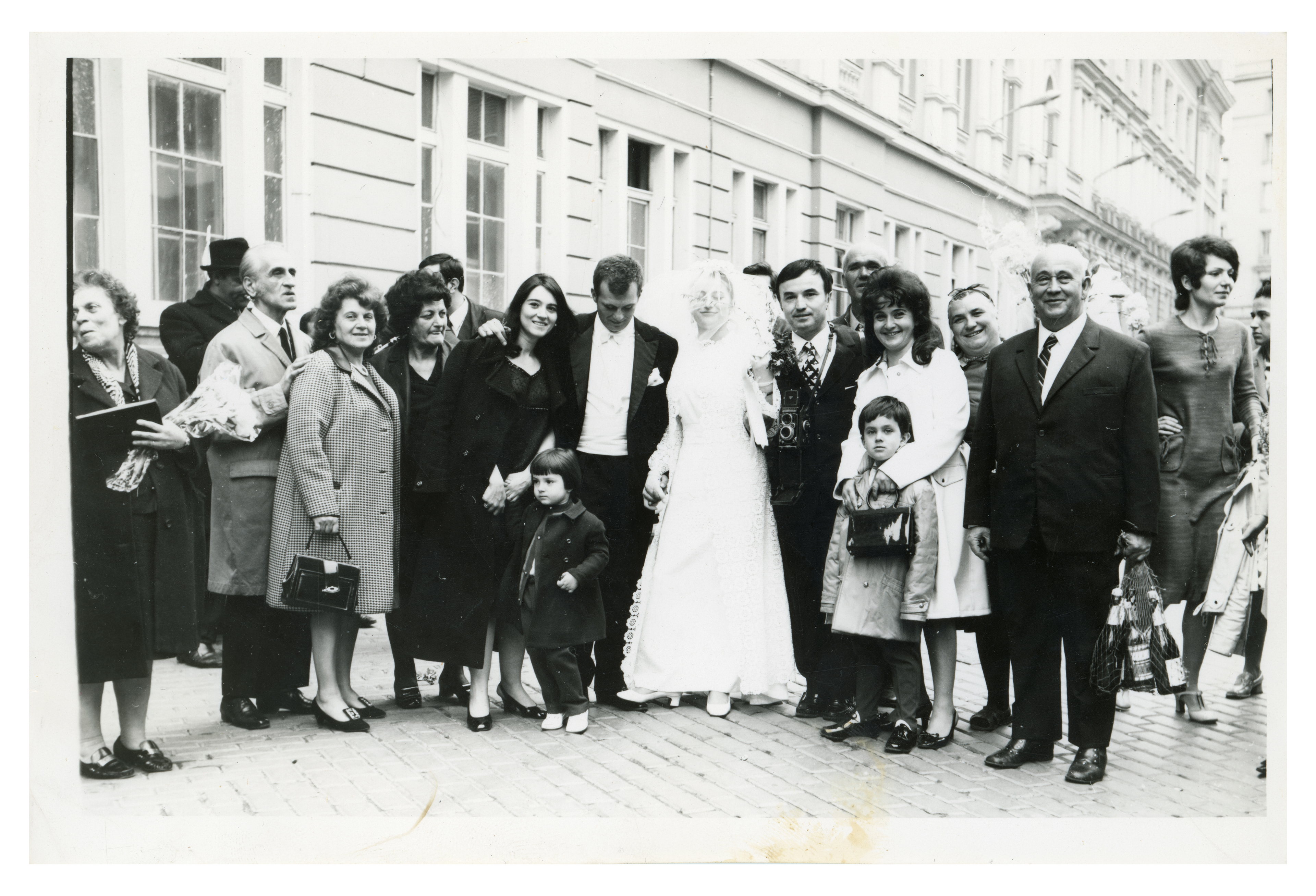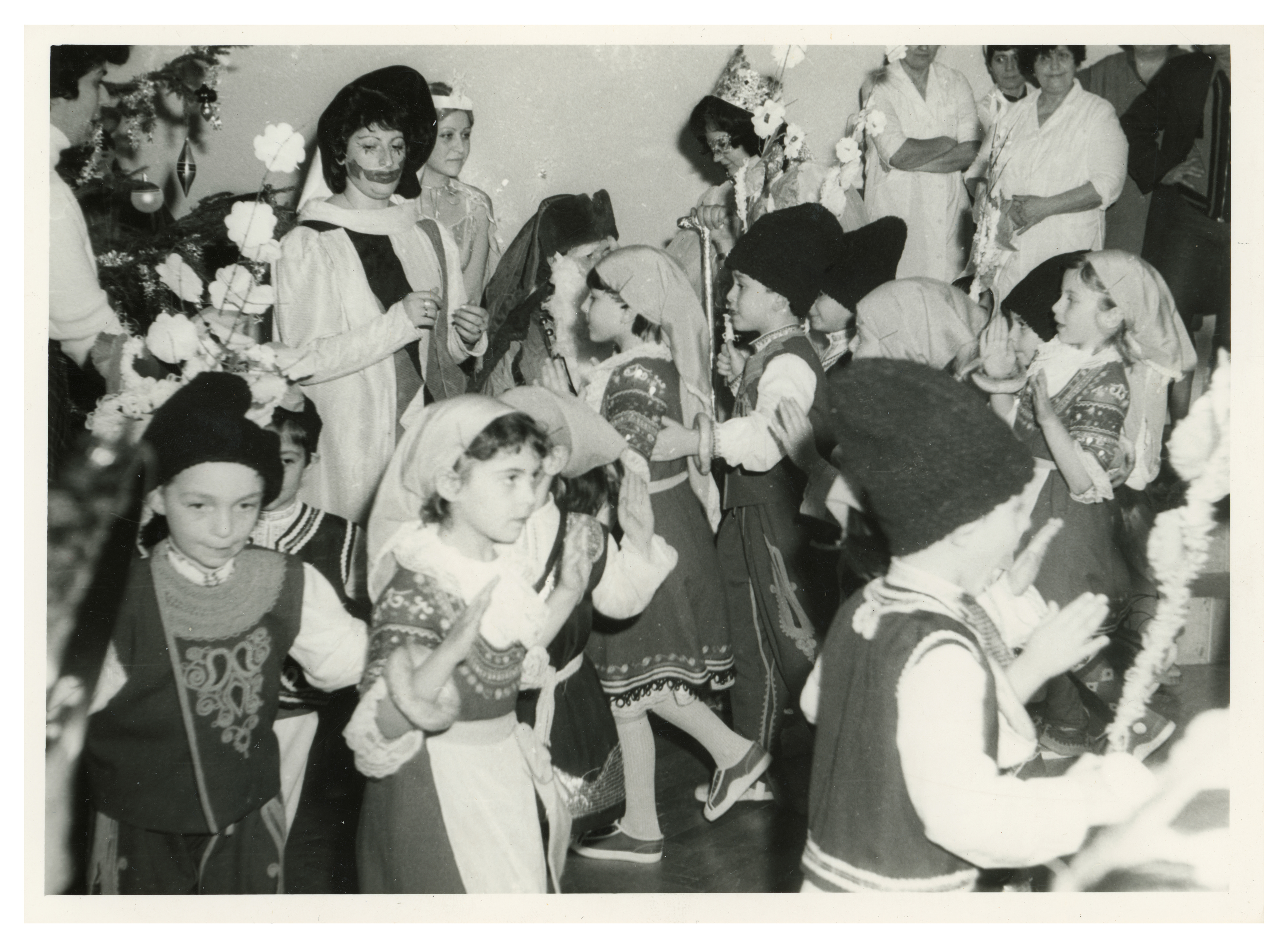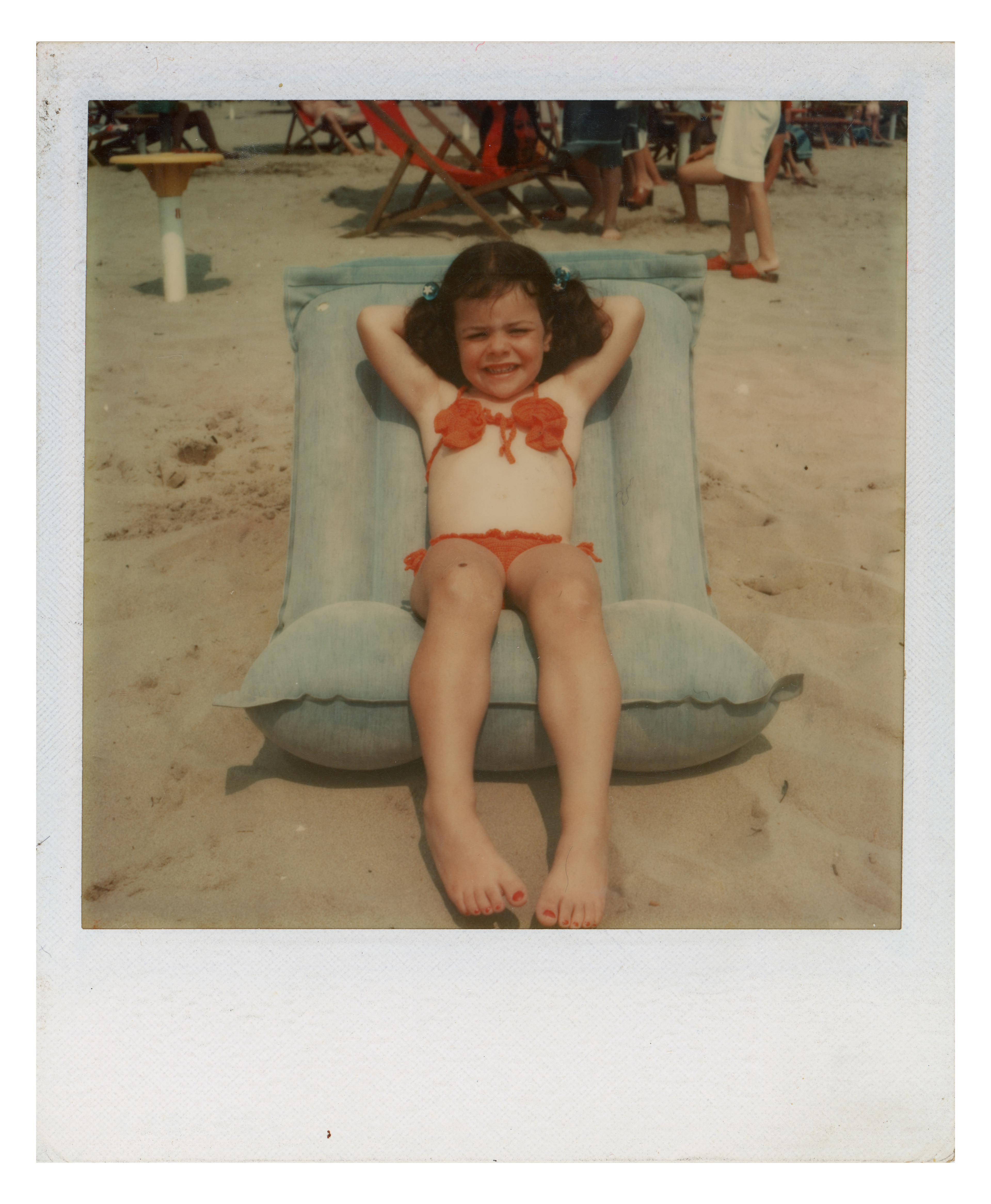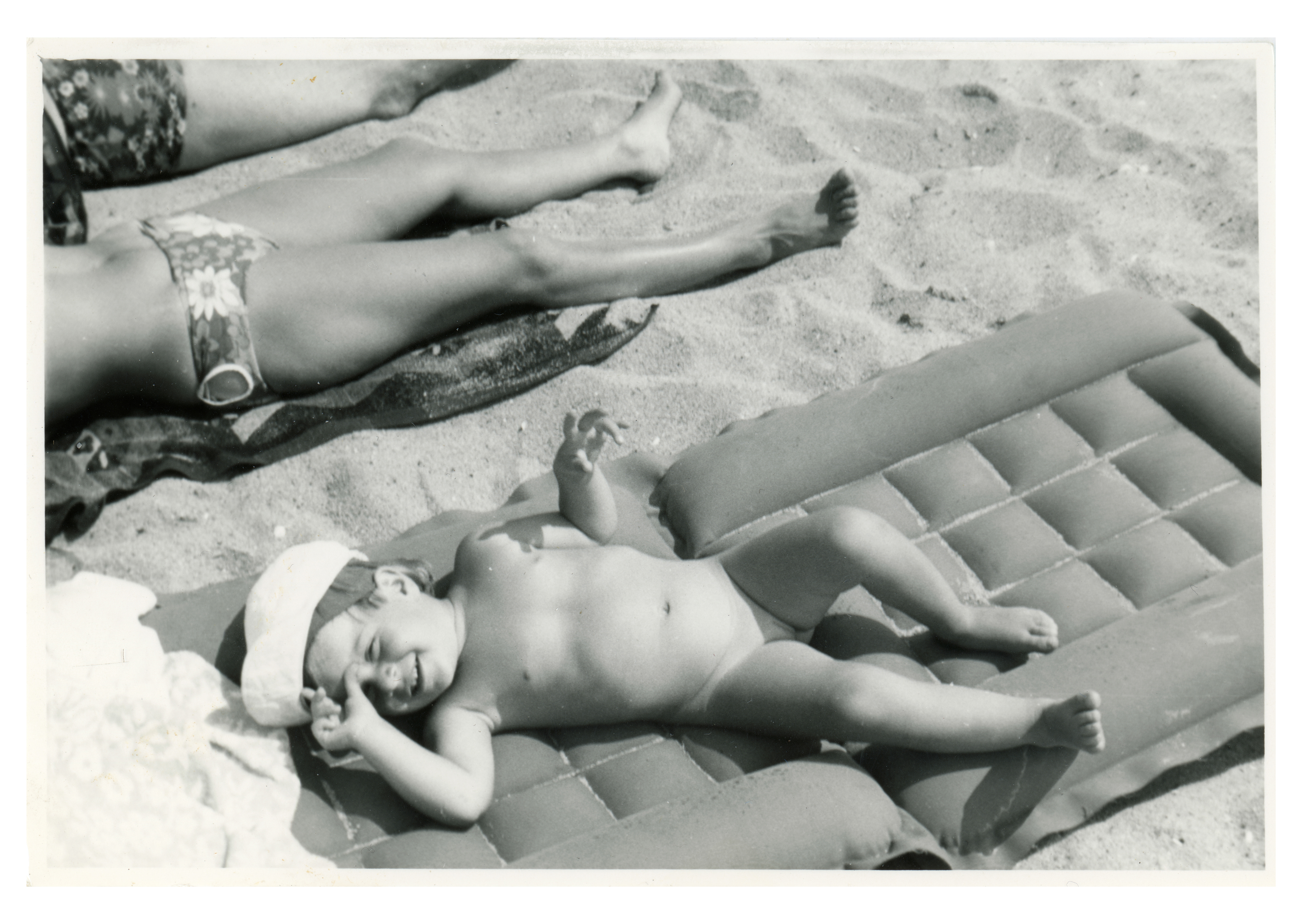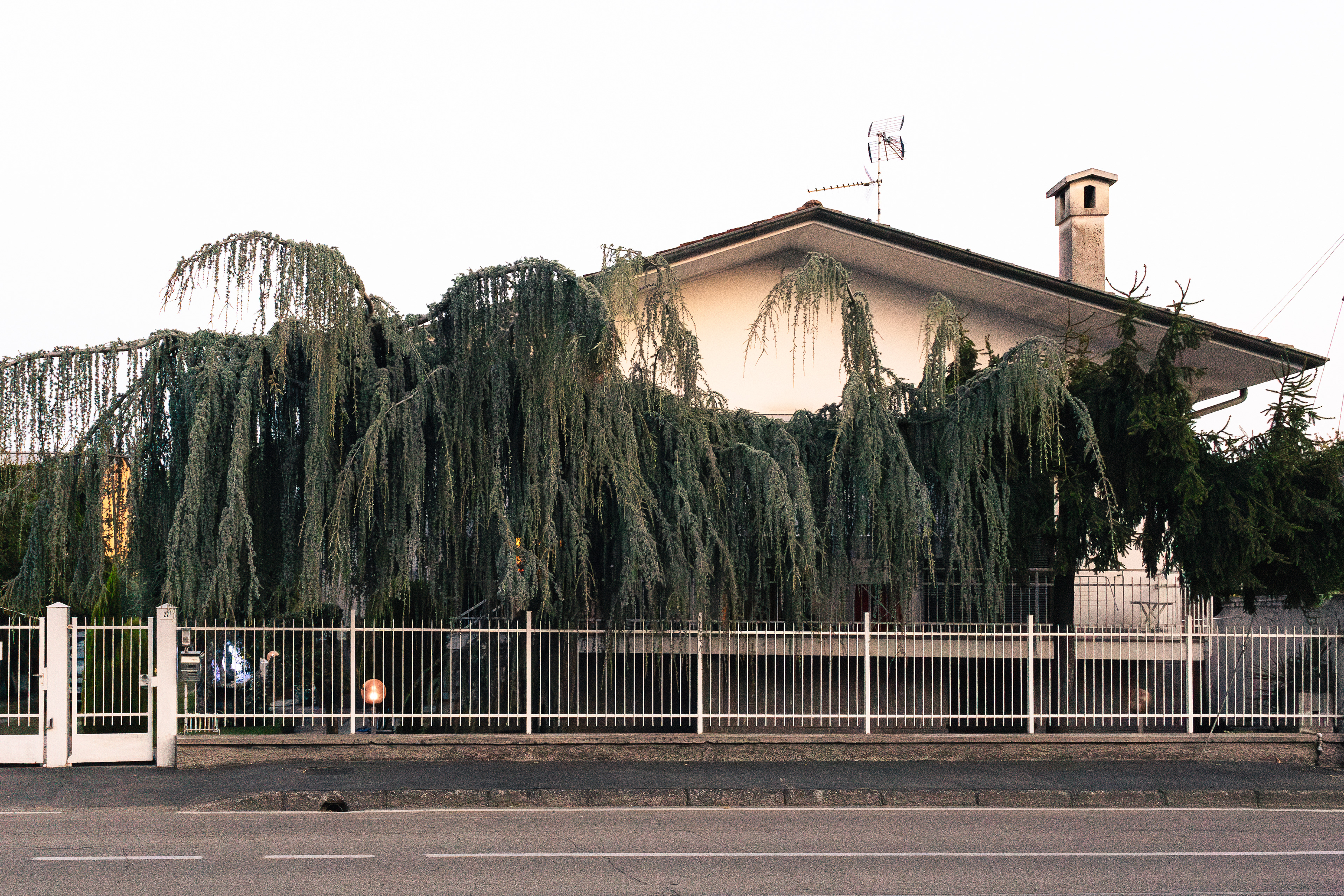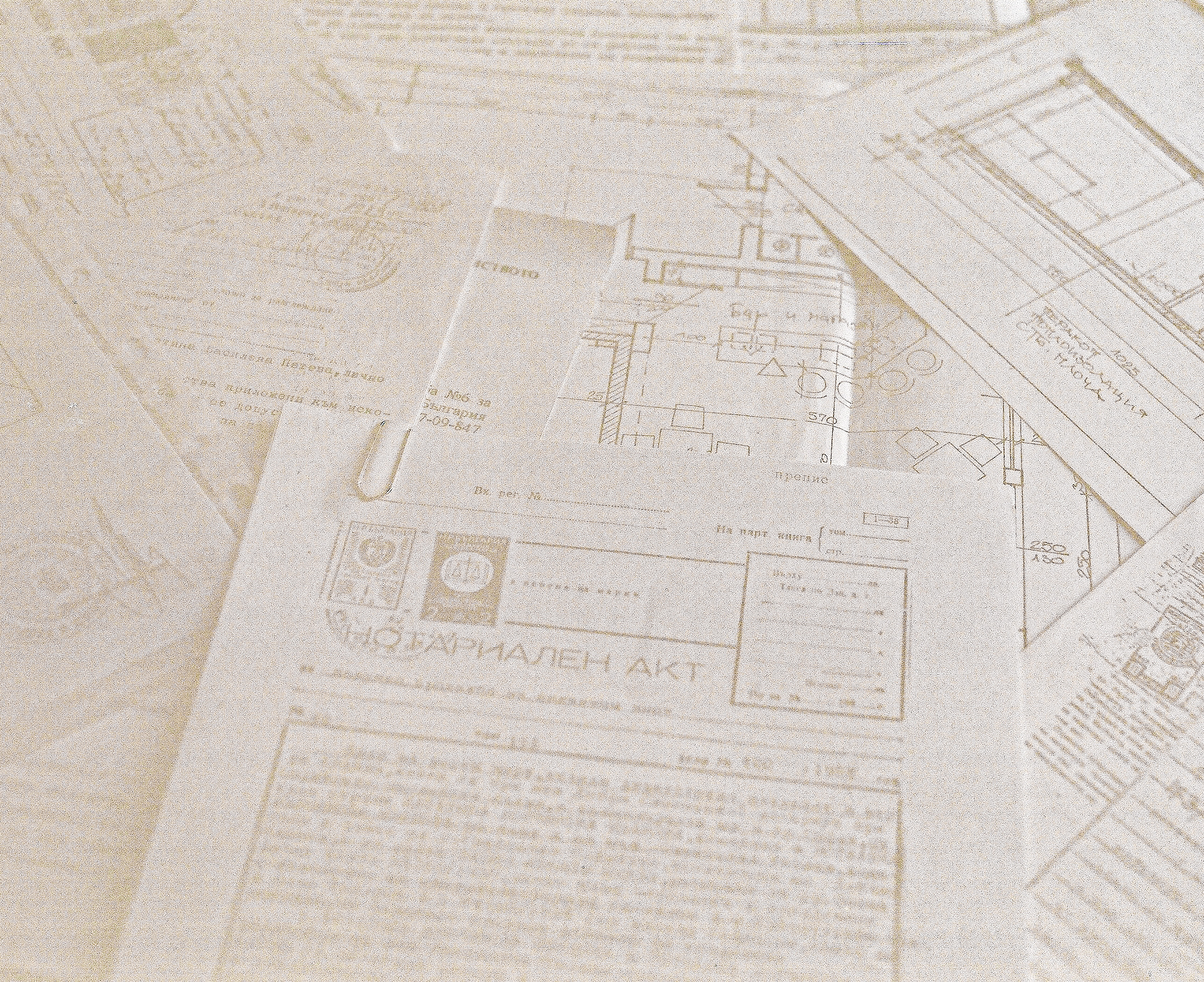Genos is the story of a still divided Europe. On one side of the narrative is the "economic boom", in post-war Italy, on the other side the Iron Curtain, invisible yet imposing.
It’s not about the greatness of history, but is about the small details that compose it: families and their daily lives at school, at work, at the beach. The photographic archive speaks of distant worlds that seem to draw closer but remain visibly apart, in black and white in Bulgaria, or captured in Polaroids in Italy.
Genos is both "history" and "origins," understood as the origins of self, the legacy that always narrate. These are common yet personal facts. In this case, it’s both, because it is my family: I myself have lived between Bulgaria and Italy, between Sunday lunches in the Lombard province and summer vacations in Bulgaria. And that’s how I began to notice the differences, increasingly clear to my eyes as I grew older, which made me compare the two origins.
And then there’s something that is no longer recurring. Every Sunday at noon, we are still gathered around the table in that white house behind the pine tree, but the summers in Bulgaria seem to have faded away, surrounded by the paperwork of unresolved disputes and the bitterness of separation, amid resentments and claims.




